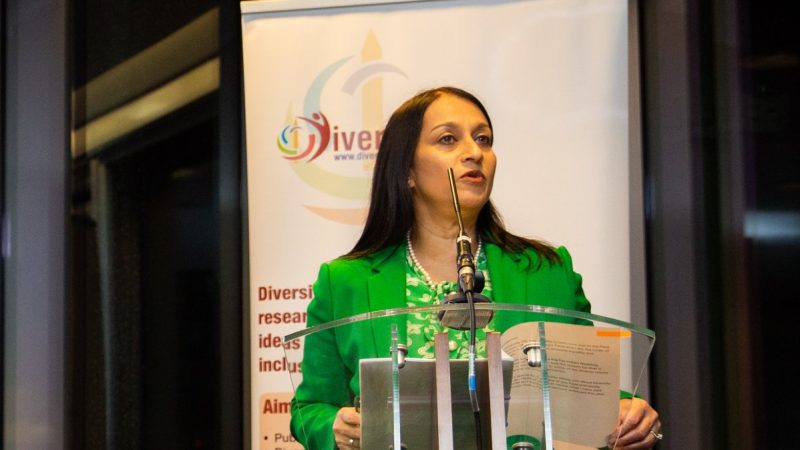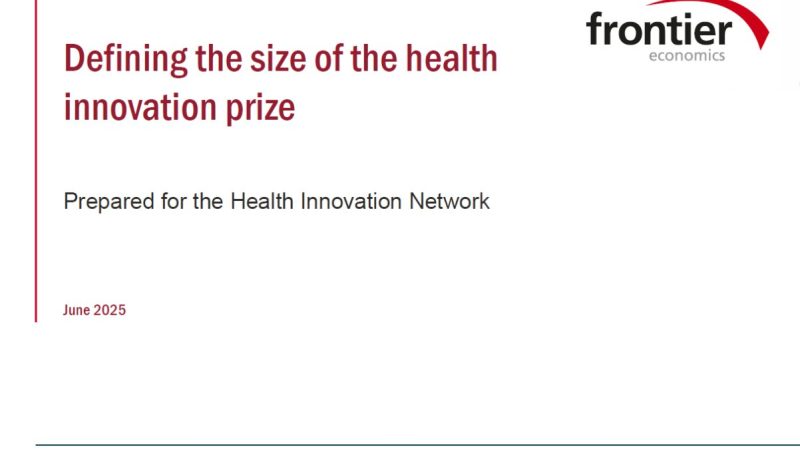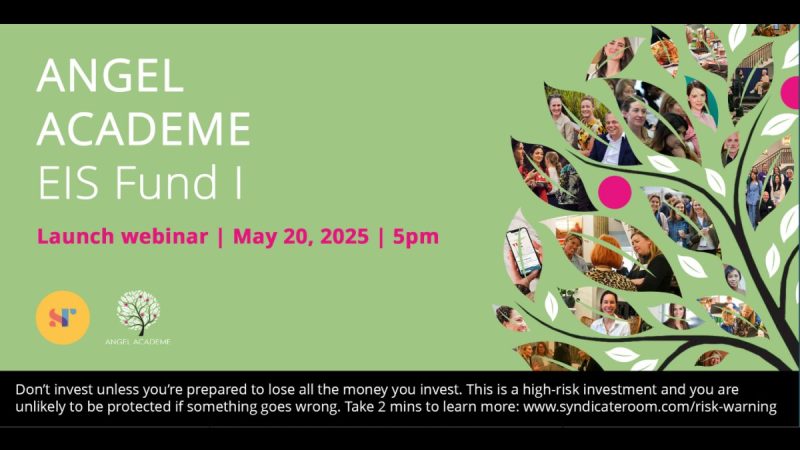Wales looks to increasing diversity in Local Government
Everybody involved in democracy in Wales should work together to help improve the numbers of young people, women, people from ethnic minorities, LGBT people and people with disabilities standing for election to Local Government, a report published yesterday (5th March 2014) has recommended.
99.4% of elected councillors in Wales were White.
2.8% of unelected candidates were from an ethnic minority background (Mixed/multiple ethnic groups, Asian/Asian British, Black/African, Other).
The report of the Expert Group on Diversity in Local Government makes several recommendations for the Welsh Government, Local Authorities, the Welsh Local Government Association, political parties and councillors themselves. These include:
- agreeing a target with political parties of 40% female candidates in winnable seats at the next elections;
- creating a mentoring scheme where existing members help potential future members to develop the necessary skills and knowledge; and
- delivering a publicity and education campaign to inform the public about local government and to ensure the idea of becoming active in local government is carried into the community.
The group was established at the request of Local Government and Government Business Minister, Lesley Griffiths, as a result of a survey of Local Government candidates and elected members in the 2012 elections which revealed:
- 28% of elected representatives were female;
- 57% of County Councillors and 61% of Community Councillors were over the age of 60;
- 99.4% of elected Councillors and 97.2% of unelected candidates were white;
- 2% of elected Councillors identified themselves as lesbian, gay or bisexual, in comparison to 5 per cent of unelected candidates; and
- 14% of elected Councillors considered themselves to be disabled.
Chaired by Prof Laura McAllister of Liverpool University, the group was tasked with considering the results of the survey and developing an action plan aimed at increased diversity amongst councillors elected at the 2017 local elections.
Lesley Griffiths said, "I am grateful to Prof McAllister and the other members of the group for their hard work and commitment in producing the report and for developing a comprehensive action plan for all those involved. This is an issue, not just for the Welsh Government, but also for Local Government, political parties and other groups involved in public life and we must all work together to ensure this opportunity to improve the representation of certain groups amongst our Councillors is truly grasped.
“I want to create a culture in Welsh Local Government where people can see their local Councillors as truly representing their views and interests. I do not want elected representatives to say – ‘I was voted in’. I want each one to earn the right to say ‘I represent my community because I understand the people who live there and I know what their views are’.”
Launching the report Laura McAllister said, “increasing the numbers of people from under-represented groups is not just about being ‘politically correct’ or ticking boxes. Local government provides front-line services to the public which are vital for their everyday lives so it is vital the people who make decisions on our behalf about all of these matters are in tune with and representative of their local communities and understand their needs. Unfortunately, when taken as a whole, this is clearly not the case currently for local government in Wales.
“I hope our report, and its recommendations, will serve as a springboard to bring about significant change in the types of people putting themselves forward for election at the next local elections, both at county and community level. We also need to ensure different candidates are elected because diverse councillors will revitalise our local councils and drive their future direction as a vital tier of governance for our small nation.”




